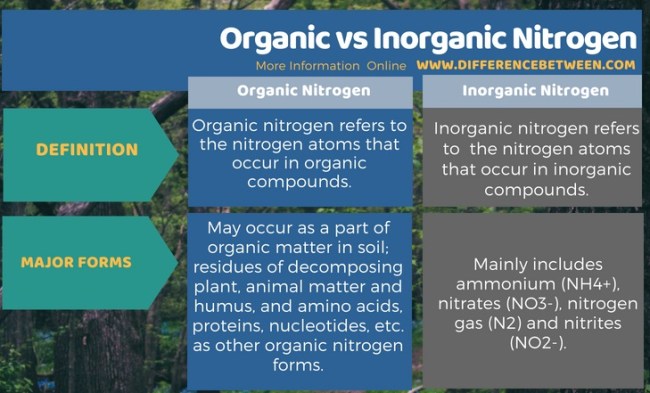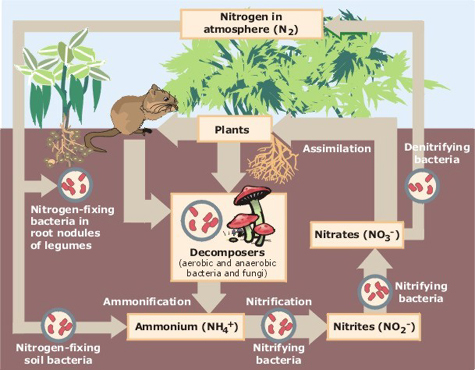gary350
Full Access Member
Yes, but the 'filler' is pretty important too. I am collecting leaves to make leaf mold at this time of year, which is probably pretty poor nutritionally, but will retain water on the one hand and allow excess water to drain rapidly on the other. Run off from chemically fertilized fields around here is the colour of the clay, farmers are losing soil at an alarming rate, that 'filler' helps retain it.
Also the 4lb bag of fertilizer will not truly be like factory made fertilizer, what comes out of the factory will be relatively pure, what could be extracted from organic matter will be 'polluted' with all sorts of trace elements, unless your extraction process leaves them behind in the 'filler' or filters them out. Some might not be beneficial, but most will be if they originate from organic matter.
Also note what I said in my post above about degenerative and regenerative processes.
Admittedly the effects from my small garden are tiny compared to a hundred acre farm, but there are an awful lot of small gardens and only so many large farms.
About 25 years ago I raked Oct damp tree leaves and filled about 10 large 30 gallon trash bags. I put them in the garage and saved them for summer. I was going to till them into the garden soil about May 15 but when I opened bags 7 months later leaves had turned to potting soil. WOW I never expected that but it was just what I wanted. Compose makes nice soil when tilled into the garden soil, soft soil makes sweet bell peppers grow very large.





